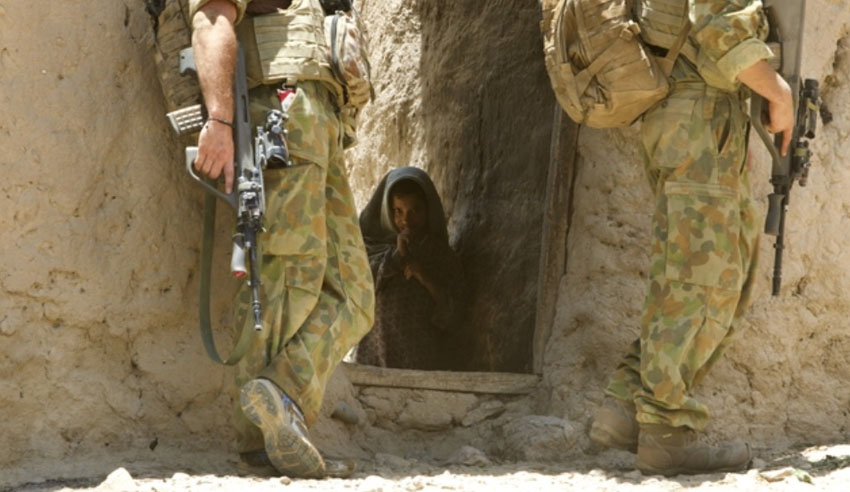Australia needs to be more committed on international justice: ACIJ
Today is International Justice Day which marks the creation and recognition of the emerging international criminal justice system which Australia continues to play a role in.

The day celebrates a coalition of hundreds of civil society and victims’ organisations, human rights defenders, regional organisations and states, who came together to support a process which led to the adoption of the Rome Statute of the International Criminal Court 22 years ago.
To continue reading the rest of this article, please log in.
Create free account to get unlimited news articles and more!
The Australian Centre for International Justice (ACIJ) told Lawyers Weekly they are committed to helping ensure Australia strengthens, defends and supports the court, including from attacks against the court’s mandate, its staff and the global rule of law.
“Australia must do more to ensure it complies with its obligations under the Rome Statute, including to investigate and prosecute international crimes,” Rawan Arraf, principal lawyer and director of the ACIJ said.
“This feature is a fundamental part of the Rome Statute system of international justice, as [states] have the primary responsibility to investigate and where appropriate exercise criminal jurisdiction over those responsible for international crimes.”
This day is celebrated across the world as it unites everyone who wants to support justice and promote victims’ rights.
This day is also observed by everyone who helps prevent serious crimes and also celebrates the people who put criminals behind the bars and help bring peace, security and wellbeing in the world.
Ms Arraf said that on this important anniversary, it is essential to recall Australia’s commitment to international justice and accountability and recall areas where it must strengthen that commitment and take action to implement its obligations under the Rome Statute.
Raising awareness for Australians on International Justice Day
As the day is also significant as it helps raise awareness for Australians to be aware and united to support justice, Ms Arraf highlighted some key areas for which Australia should continue to work towards and strengthen its commitment to international justice.
Ms Arraf said the responsibility to investigate and prosecute should extend to Australian foreign fighters for any involvement in the commission of war crimes, crimes against humanity or genocide.
Attempts at prosecuting returned foreign fighters on terrorism offences only misrepresent the involvement of international crimes and risk undermining efforts to prevent the commission of these crimes and ensure compliance with international humanitarian law.
“In these particular instances where foreign fighters are alleged to have committed gender-based sexual violence, it denies survivors meaningful opportunities for justice and accountability,” Ms Arraf said.
“Stripping citizenship from foreign fighters and excluding their return [are] a failure by Australia to comply with its obligation to investigate and prosecute Australians involved in the commission of grave crimes.”
Furthermore, there are also revelations of allegations of war crimes committed by Australian special forces in Afghanistan.
Ms Arraf said that for too long, the crimes were ignored and not genuinely investigated which only entrenched the culture of impunity and delayed justice and accountability for the families and communities of those who were killed and devastated by the crimes.
“These vital stories brought to the public’s attention the allegations of crimes and Australians have a right to know what is being done in our name. Investigative efforts should be spent on investigating the allegations of [serious] crimes, not journalists who report in the public interest.”
Ms Arraf also wanted to ensure that Australia is no safe haven for war criminals and torturers.
Though it is hard to argue against this proposition that Australia is a safe haven for war criminals and torturers, according to Ms Arraf, every few years, fresh cases emerge of persons who have sought safe haven in Australia following conflicts or crimes overseas.
“Legislative loopholes in Australia’s federal criminal legislation allows for such persons to live in this country with impunity and without any accountability for their alleged crimes,” Ms Arraff said.
Ultimately, the ACIJ said they hope that on this day, the Australian government can do more and act on its commitment to ending impunity for atrocity crimes and to fulfil Australia’s obligations and responsibilities under the Rome Statute system of international justice.






